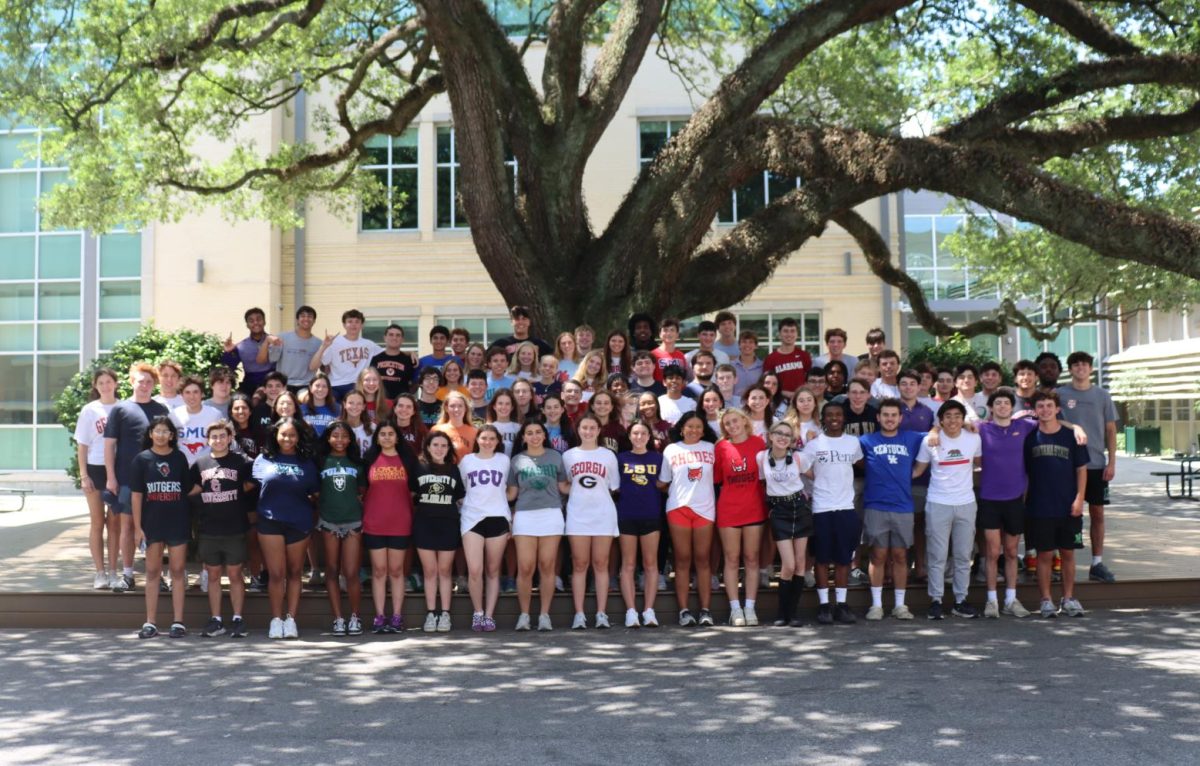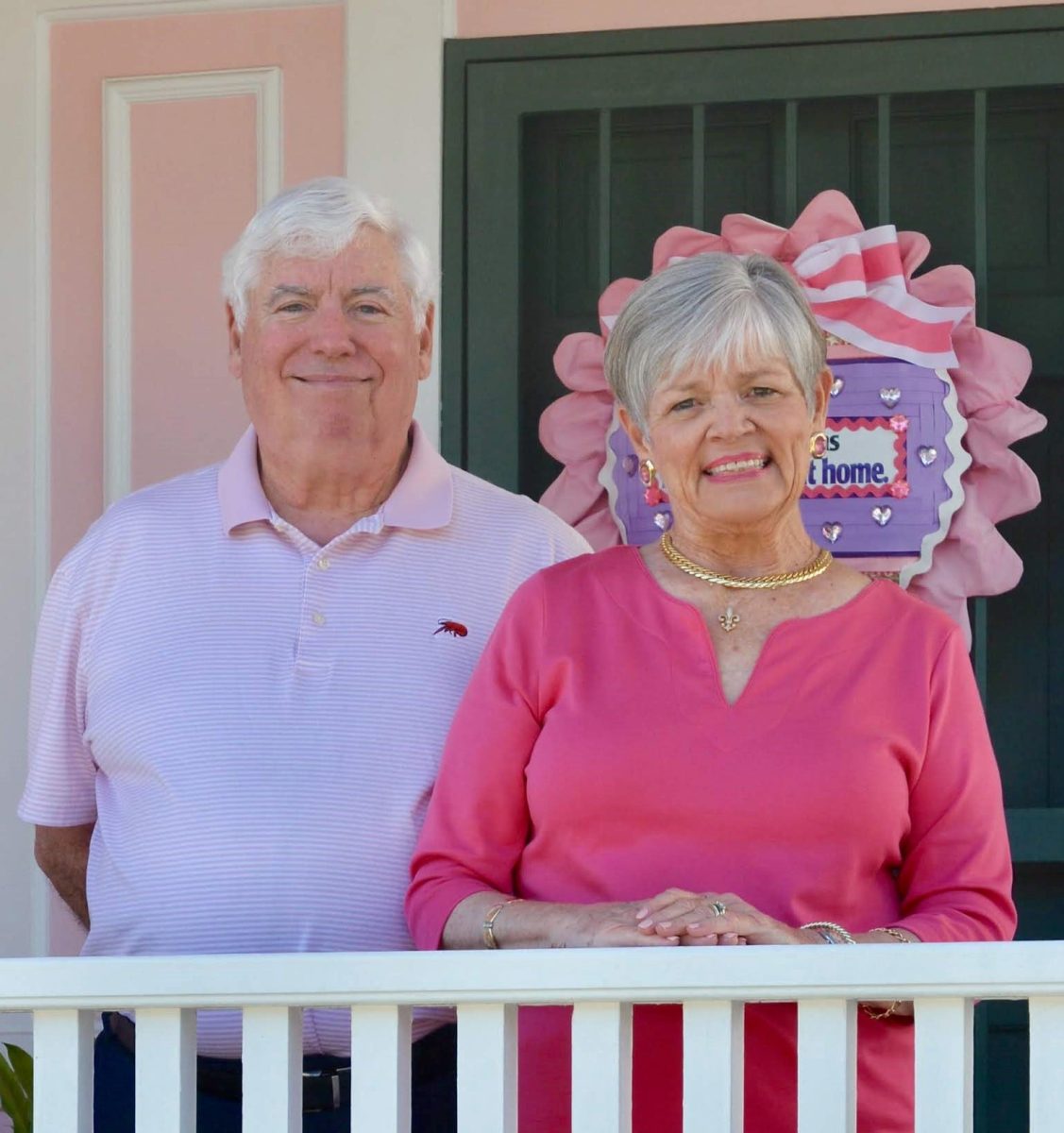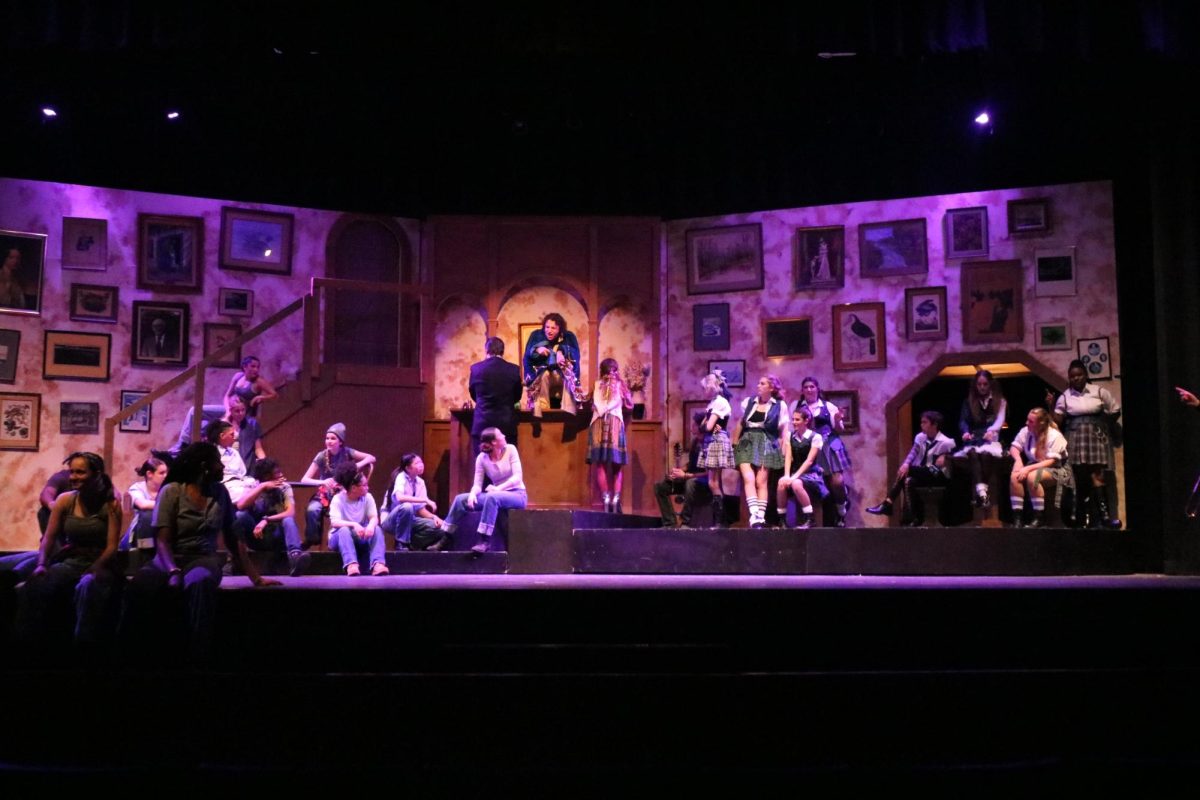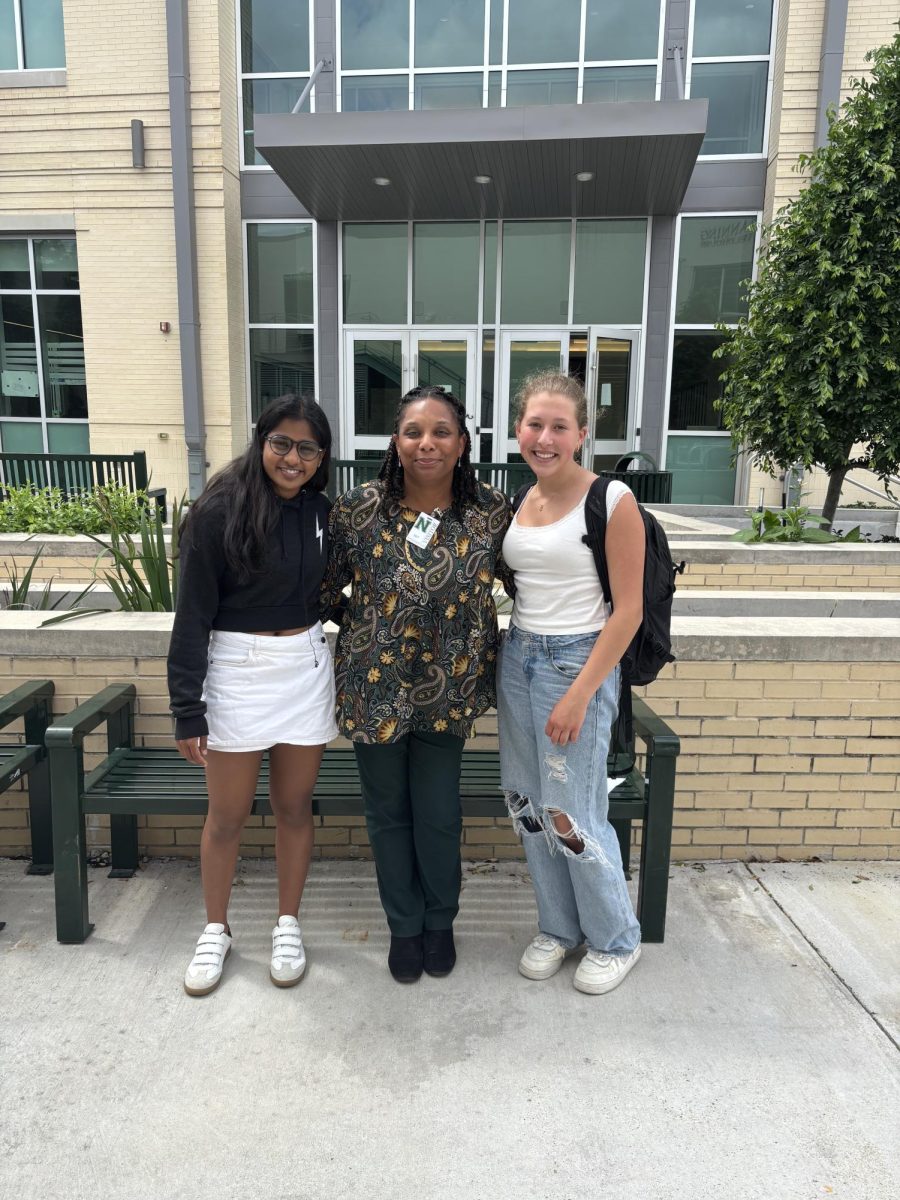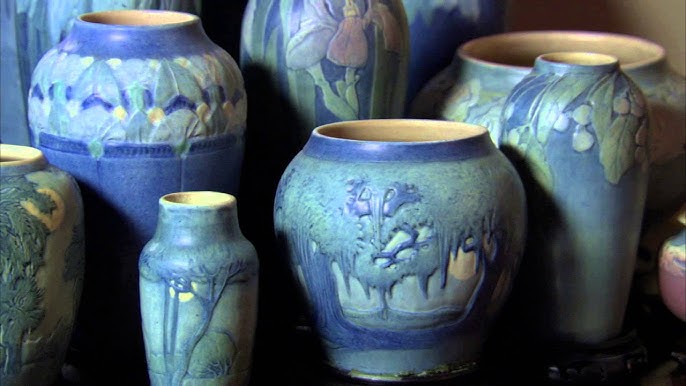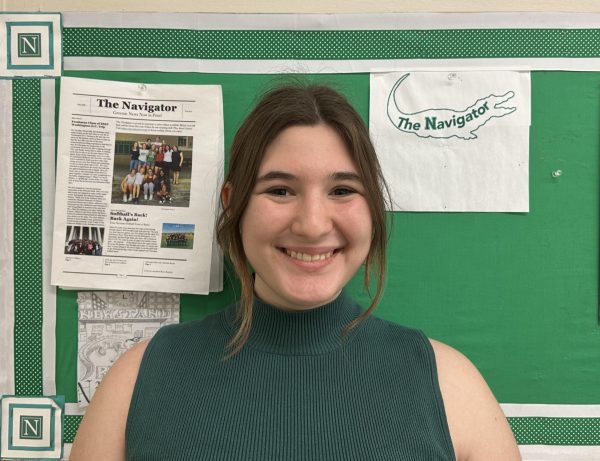In an effort to ensure no student must suffer through a 5-day week in March, Newman held its annual DEI film festival on March 21, 2024. It was a jam-packed day of moving to and from Henson Auditorium, as the day included two presentations: a DEI panel on the importance of making your voice heard in the Newman community, and the Jazz and Democracy lecture. This year, the event focused on the theme of Community: Art, Engagement, and Citizenship.
The day began with a panel discussion on the overall importance of inclusive community, with guests including Eric Reid Jr, pioneer of the NFL kneeling protests and father of freshman Leilani Reid, Alexis Reed, a Newman alum who brought a similar movement to Newman football games, and Bob Lane, a fellow Newman alum. The panel discussed everything from the long term effects of the NFL kneeling movement to the evolution of inclusivity at Newman. Additionally, students shared the short film they made about Mr. Reid’s involvement in the original NFL protests. To set the tone for the difficult conversations to take place later, sophomore Aditi Shridhar did a few wildly hilarious sketches with Mr. Cooper on the “Ouch and Call-In” strategy.
From there, students moved into individual groups to watch their movies. To better connect to the later Jazz and Democracy lecture, all movies centered around the importance of music or of the democratic process. While the most popular movie was Jon Batiste’s American Symphony, other movies included Youth v. Gov, Dolores, and Symphony of the Holocaust. Afterwards, students gathered for pizza and discussions about how they could connect the movies’ messages to their own lives. Sophomore Vivian Zhou, who watched Dolores, which centered on the fight for civil rights in México, reflected, “the movie brought my attention to issues that I don’t think are publicized enough… I didn’t know about Dolores’s fight before.”
The DEI portion of the day (students later enjoyed the Upper School musical, Grease) ended with a bang, or rather, a boom, with Dr. Wes Watkins’ Jazz and Democracy lecture, which employed jazz improvisation as a metaphor for political engagement. Students played music on boomwhackers, with differences in playing time used to represent tension between majority and minority voices. Students also learned that when given toys, we are no more responsible than lower school students. To wrap up a long day delving into the complexities of what it means to be a good citizen, Dr. Watkins implored students to go out and use their voices, but most importantly, to listen.


